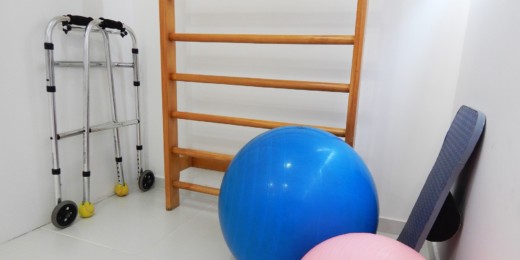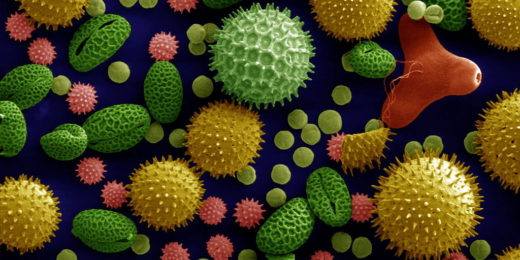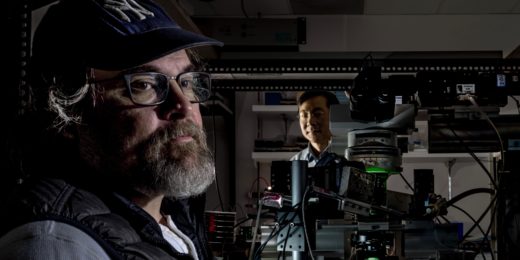About 31 million U.S. adults have food allergies, nearly half of which develop after age 18, findings that surprised food allergy experts.
Category: Stanford School of Medicine
How early physical therapy can lessen the long-term need for opioids
Patients who undergo physical therapy soon after a pain diagnosis are less likely to use opioids in the long term, a Stanford-Duke study finds.
Immunotherapy for peanut allergies: A Q&A
Sharon Chinthrajah weighs in on a new peanut allergy immunotherapy, speaking to its potential and its role in the future of food allergies therapy.
National anti-smoking campaign helps smokers with mental health conditions try to quit
An anti-smoking ad campaign featuring a woman with depression helps smokers with mental health conditions attempt to quit.
Compensation for kidneys would help the poor, study finds
A government program providing market-value, noncash compensation to kidney donors would benefit poor people and not be exploitative, according to a study.
Journalist examines OxyContin’s role in opioid crisis
During a talk at Stanford, journalist and author Barry Meier discussed his nearly two-decade long investigation into OxyContin and Purdue Pharma.
Big data strikes again — subdividing tumor types to predict patient outcome, personalized treatment
A Stanford team has developed an algorithm that uses data about tumors to identify new classifications that can provide information about patient outcomes
In the Spotlight: Enjoying research and exploring opportunities
In this In The Spotlight Q&A, second-year medical student Jill Anderson shares her thoughts about health care and her future career plans.
Stanford scientist is working to halt spread of hepatitis B
Decision scientist Mehlika Toy is working with the WHO to help eliminate the public health burden of hepatitis B by the year 2030.
The “exposome” revealed: a barrage of bacteria, chemicals, microscopic animals and more
Scientists have measured the human “exposome,” or the particulates, chemicals, and microbes that individually swarm us all, in unprecedented detail.
New Biodesign fellows will focus on vision care
This year, Stanford Biodesign Innovation Fellows will concentrate on ophthalmology, spending 10 months to address needs in that field.
Curbing hepatitis B in the United States will save lives and money, according to a new study
Targeted screening can cut hepatitis B related deaths in the U.S. by half - and save money.
Patient shares experience with celiac disease: It’s a serious autoimmune condition, but “not the end of the world”
In a video, Stanford Children's Health's Healthier, Happier Lives Blog introduces a patient with celiac disease and discusses the symptoms, diagnosis and treatment of the autoimmune disorder.
To prevent an antibiotic from causing hearing loss, researchers team up to design new drugs
Stanford scientists used discoveries in the lab to design new versions of a widely used antibiotic to prevent the side effect of hearing loss.
Toxin, infection, or genes? A mysterious kidney disease strikes men in Sri Lanka
A kidney disease of unknown origin is sickening many men in Sri Lanka. Stanford researcher Shuchi Anand is working to understand it and to improve care.
Third-hand smoke increases asthma severity in mice
Exposure to 'third-hand smoke' — that is, the chemicals left behind on household surfaces after smoke has dissipated — increases the severity of asthma symptoms in mice. Stanford researchers are working to learn how this happens, and whether it might be possible to protect people with asthma from this exposure.

















